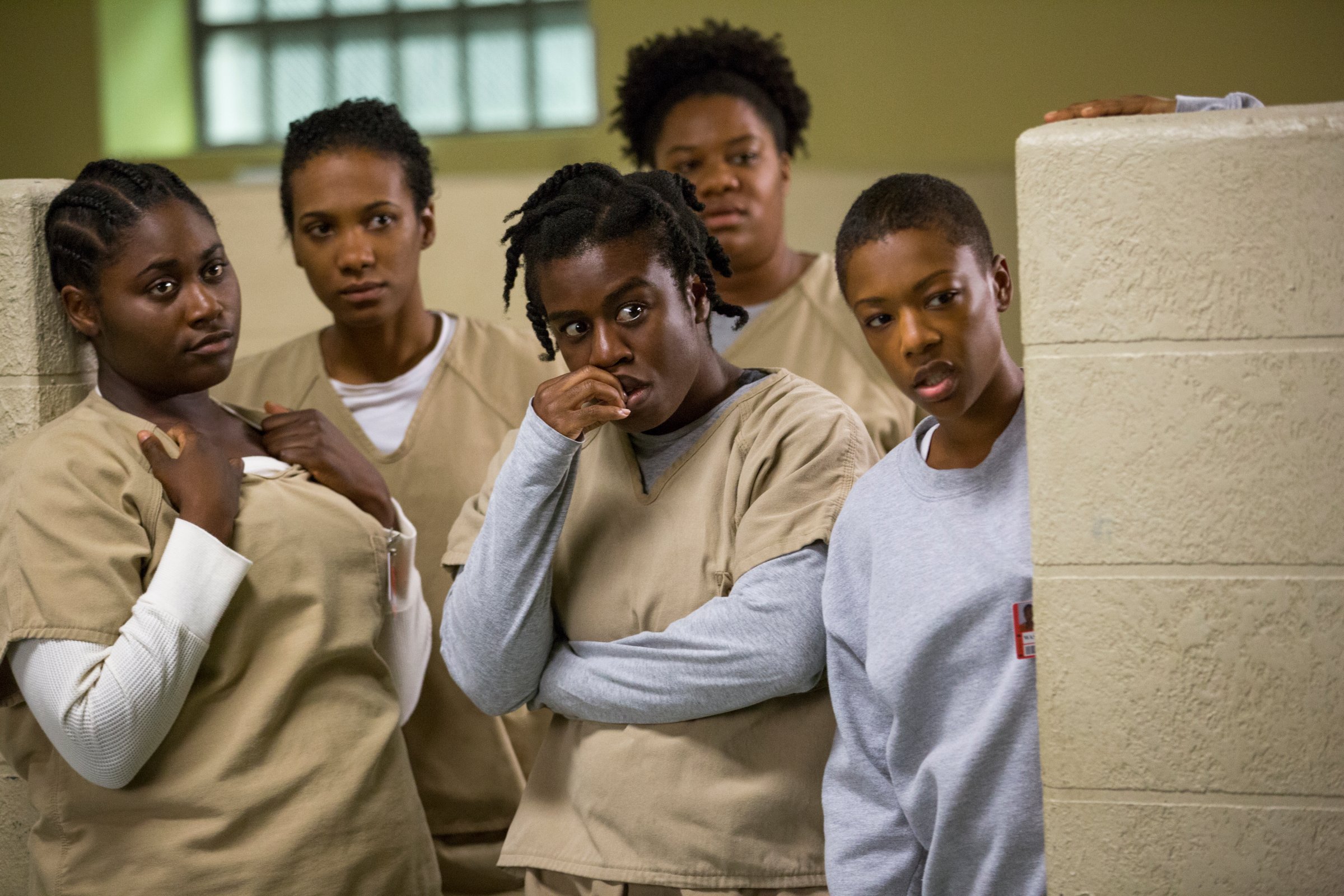
House of Cards and Orange Is the New Black are wildly popular hits that prove Netflix can make shows that compete with the best of cable programming…right? That’s been the narrative around the streaming service over the last year, but hard proof has been harder to come by. Netflix has never provided concrete data validating that its shows are watched by large numbers of viewers.
Soon Nielsen, the standard-bearer for TV ratings, may change that. The TV ratings company revealed to the Wall Street Journal that it’s planning to begin tracking viewership of online video services like Netflix and Amazon Prime Instant Video in December by analyzing the audio of shows that are being streamed. The new ratings will come with a lot of caveats—they won’t track mobile devices and won’t take into account Netflix’s large global reach—but they will provide a sense for the first time which Netflix shows are the most popular. And if the rest of the media world latches onto these new ratings as a standard, Netflix won’t be able to ignore them.
Ratings are important on traditional television because they help networks attract advertising. Netflix doesn’t sell ads and has argued that it therefore shouldn’t have to disclose its ratings. “It creates a benchmark that is irrelevant to the business but sexy and exciting to write about and puts a lot of performance pressure on shows that otherwise will be great shows over time,” chief content officer Ted Sarandos said at a conference in 2012. A Netflix spokesperson declined to comment.
But TV ratings are about a lot more than selling ads. Netflix viewership data would give traditional TV networks a better sense of how popular their shows are on the platform and, perhaps more importantly, how essential they are to the overall Netflix experience. This could affect negotiations for licensing programming, especially as more content companies such as CBS and Comcast launch their own streaming services. Networks already regularly leverage the popularity of their programming to extract higher fees from cable operators in very public spats, so they’d likely have no problem pulling Netflix into a similar scrum.
Ratings also help attract talent in the traditional TV world. HBO has risen to the top of the premium cable heap by continually serving up shows that are both critically acclaimed and extremely popular. If Netflix’s original shows are revealed to be watched less than those on TV, it might be harder to attract a David Fincher or a Kevin Spacey to the streaming service (even Fincher and Orange Is the New Black creator Jenji Kohan don’t know how popular their Netflix shows are).
Finally, regular ratings could introduce further volatility to Netflix’s already bumpy stock. The company’s share price tumbled more than 25% after it missed its own subscriber growth forecast in October. Investors might be further scared scared off if there were signs that the company’s growing stable of expensive original shows were not as popular as they believed.
Of course, there are ways Nielsen ratings could work in Netflix’s favor. If the company’s shows really are huge hits, that just lends more credence to its narrative as a television disruptor and could help convince more Hollywood stars to work with the streaming service. It’s also possible that Nielsen’s methodology, which is rather vague at the moment, won’t be considered accurate enough to be taken seriously. The company just recently acknowledged that it was reporting inaccurate ratings for the broadcast networks for seven months this year. And Viacom’s CEO has said he wants to adopt different ratings standards because he thinks Nielsen has been too slow to adapt to shifting consumer habits.
Either way, Netflix will probably have to contend with questions about the Nielsen figures from media executives, analysts, and reporters for a quite a while. It’s an unknown variable in their growth story that they’d likely rather not deal with. As the calculating Frank Underwood once said, “There’s a value in having secrets.”
More Must-Reads from TIME
- Cybersecurity Experts Are Sounding the Alarm on DOGE
- Meet the 2025 Women of the Year
- The Harsh Truth About Disability Inclusion
- Why Do More Young Adults Have Cancer?
- Colman Domingo Leads With Radical Love
- How to Get Better at Doing Things Alone
- Michelle Zauner Stares Down the Darkness
Contact us at letters@time.com